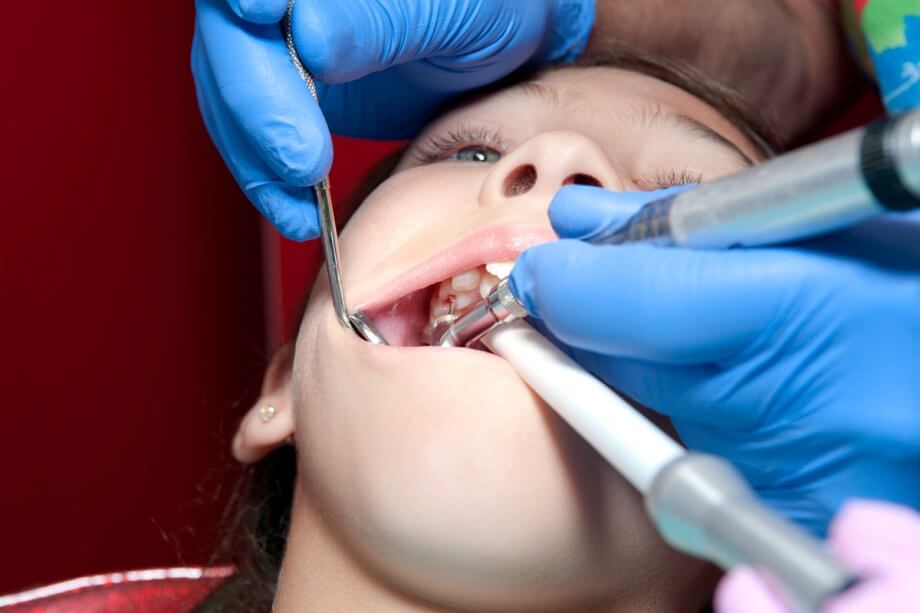A pulpotomy is a dental procedure that is typically performed on baby teeth (although it can also be performed on adult teeth if necessary). A dentist may suggest this treatment if the pulp of your child's tooth is damaged or decaying.
The goal of a pulpotomy is to save a tooth for as long as possible. However, even after a child undergoes a pulpotomy, they may eventually need to undergo additional treatment to maintain a tooth’s health.
How long will your child’s pulpotomy last? This is a common question among parents as they get their kids ready for treatment. As the following points will explain, the answer to this question can vary on a case-by-case basis.
What is a Pulpotomy?
“Pulp” refers to a tooth’s innermost layer. This is where nerves, blood vessels, and connective tissue are located. These tissues ensure a tooth remains in good condition by providing it with nutrients.
Sometimes the pulp can become infected or begin to decay. Common symptoms of damaged or infected pulp include:
- General toothache
- Sensitivity to extreme temperatures
- Other general forms of dental discomfort
A pulpotomy involves removal of the damaged pulp material. A dentist may recommend this procedure if the damaged or infected area of the pulp is restricted to the tooth’s crown and hasn’t yet reached the root canal. A pulpotomy allows a dentist to remove the damaged tissue without affecting the healthy tissue.
How Long a Pulpotomy Lasts: What You Need to Know
If your child’s dentist recommends they undergo a pulpotomy procedure, you may have several questions. Again, many parents in these circumstances want to know how long a pulpotomy will last before it may be necessary to perform additional dental procedures to preserve a tooth.
The short answer? It depends. Various factors can affect a pulpotomy’s lifespan. They include the following:
- The extent of the damage or decay: The degree to which a pulpotomy can “save” a tooth for a long period of time will often depend on the severity of the damage. If the pulp is substantially decayed, the results of a pulpotomy will typically not last as long as they would if the damage was minimal.
- Oral hygiene: You already know that ensuring your child stays on top of their oral hygiene and sees their dentist on a regular basis plays a critical role in keeping their teeth in good condition. Additionally, if your child has undergone a pulpotomy, adhering to a quality oral hygiene regimen can also maximize the lifespan of the results.
- The dentist’s qualifications: It is very important that the dentist who performs your child’s pulpotomy be qualified to do so. Using the right tools and techniques is key to ensuring a pulpotomy lasts for a long time.
Every pulpotomy is different. No one can promise the procedure will save your child’s tooth for a specific length of time. That said, according to some research, up to 90% of pulpotomies continue to preserve teeth after five years.
Remember, what’s most essential right now is to ensure you coordinate with a pediatric dentistry expert with experience offering this form of treatment. The right dentist can explain why a pulpotomy is necessary, how long the treatment may last, and more, answering all questions you may have about this topic.
Contact a Pediatric Dentist Today
At Tender Smiles 4 Kids, offering pediatric dentistry services in Freehold, North Brunswick, Edison, Roselle, and Ocean Township, our experts are prepared to check your child’s oral health and determine if a pulpotomy is necessary. If so, we’ll work hard to ensure this experience is as stress-free as possible for you and your kid. Learn more about scheduling an appointment at our nearest location by contacting us online today.

